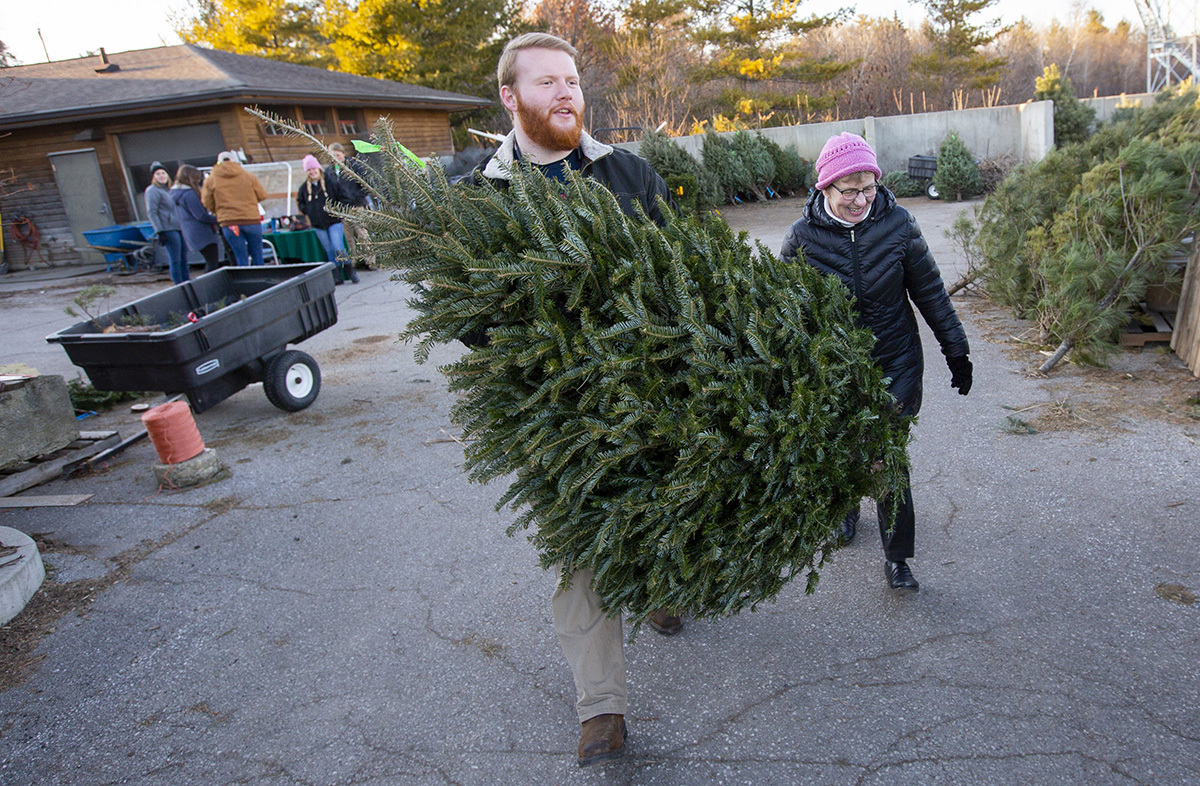The Center for Excellence in Learning and Teaching will lead an inclusive classroom workshop during the January Faculty Senate meeting. In the final meeting of the fall semester on Dec. 10, senate president Jonathan Sturm said the final hour of the Jan. 21 meeting will be dedicated to the workshop.
Last month, President Wendy Wintersteen outlined 10 actions to addresses racism and discrimination on campus in response to concerns from Students Against Racism. Among them is annual training for faculty in each academic department to create an inclusive classroom environment.
"This is not only important, but it sends a strong message that since we represent the university we value this and Iowa State values the inclusive classroom initiative," Sturm said.
Senior vice president and provost Jonathan Wickert said campus leaders -- including the president, senior vice presidents and deans -- will take part in cultural competency and cultural humility training on Jan. 9, fulfilling another of the 10 actions.
Position responsibility statements
Discussion that began at the November meeting continued on a resolution to bring faculty position responsibility statements (PRS) into compliance with the Faculty Handbook. The proposed changes remove statements beyond brief descriptions of areas of position responsibilities from faculty PRSs as well as any college or department documents related to appointment or evaluation of performance. Content in a PRS are assigned a percentage of effort to each area.
"My concern is that additional statements about mission or collegiality or teamwork are prohibited by requirements on PRSs," said Annemarie Butler, senate secretary and associate professor in philosophy and religious studies. "This does not mean we are not committed to the faculty statement of core values. We continue to be committed to all of those areas which include collegiality, diversity and inclusion, shared governance, academic freedom and others."
The resolution also calls on Sturm to convene a task force to recommend ways to foster faculty collegiality, promote faculty values and address faculty misconduct independent of a PRS.
No vote was taken and discussion will continue at a future meeting.
Term faculty report
The percentage of tenured and tenure-eligible faculty remains consistent at 73% over the past three years.
In his annual report on term faculty teaching, Wickert said the breakdown of the 1,780.2 full-time equivalent (FTE) faculty in 2019 includes 1,292 tenured or tenure-eligible and 488.2 term faculty FTEs.
Wickert said his focus is on the faculty as one group.
"We are all one faculty at this university and each faculty member contributes to our missions in various ways," he said. "We have faculty who specialize in teaching, research, extension, clinical -- but collectively, we all row in the same direction to advance the university’s missions."
New masters program
The academic affairs council proposed a master of arts in teaching in history in the Graduate College. The program, a collaboration between the history department and School of Education, would streamline the process of completing a teacher education program for students who already have a bachelor's degree and wish to teach at the secondary level. Program completion is necessary for state licensure.
Up to five students are expected to enter the program each year. The University of Iowa has a similar program, but rarely accepts ISU alumni.
Other business
- Associate provost for faculty Dawn Bratsch-Prince presented the faculty activities report, a biennial report shared last month with the state Board of Regents.
Senators unanimously approved:
- A bachelor's degree in environmental engineering in the department of civil, construction and environmental engineering. It focuses on challenges linked to land, air and water.
- A name change for the 15-credit emerging global diseases minor in the College of Agriculture and Life Sciences, to global health. The change allows the university to join the Consortium of Universities for Global Health and is expected to draw more students to the minor each year by covering more topics. 

